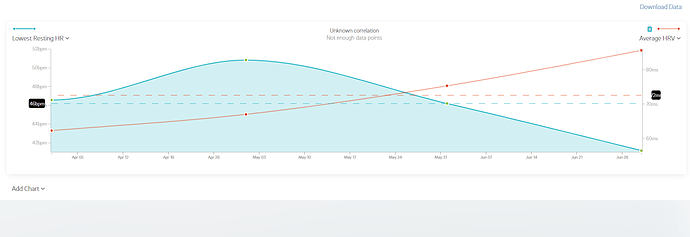Ok. Firstly as a non Facebook user I’d like to say a huge thank you for making this forum/It’s about bloody time!
I’ve been an avid listener since last March and have oscillated a little with my keto adherence. During 2015 I lost >35kgs (from 105 to 68) following keto, and I’ve had small periods on and off the diet for most of 2016. I’m starting again today and I’m trying to capture the changes in my heart rate variability due to the diet.
I work for a company that manufactures and designs equipment for scientific studies and thus, I have access to a really nifty portable ecg device that I’ve been wearing. I’ve gathered some baseline data from the last week whilst I’m still in a bit of a carb binge phase and I’m curious as to what will happen as I attempt to transition back into keto.
If this is a topic that anyone finds interesting and if anyone knows about heart rate variability and how to interpret the data I’ll post the reports. I’m hoping that it can be another health variable that is improved by keto, and that I can see measurable results. So wish me luck and good data as I embrace the keto flu!
Keep calm, and. …

